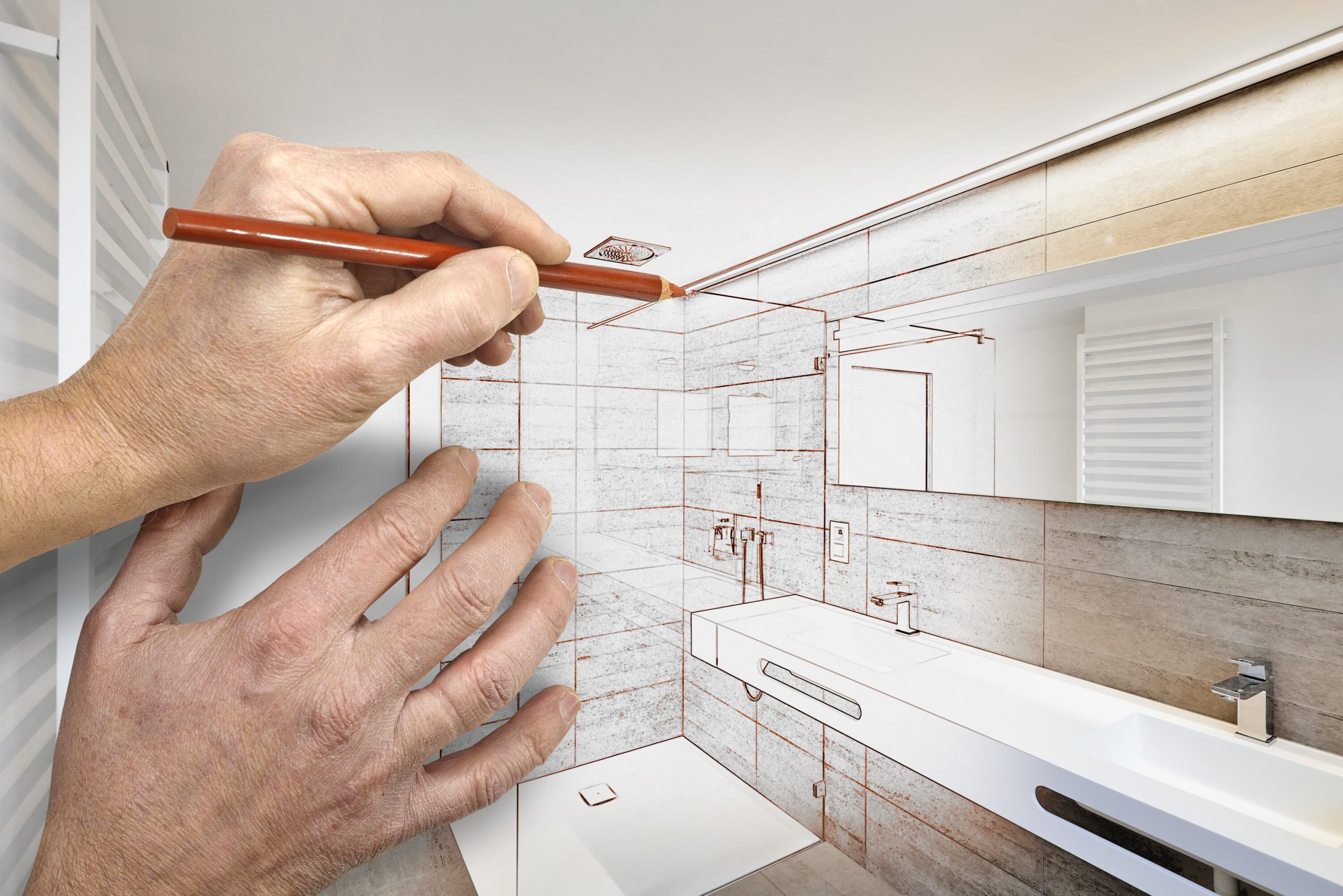5 Reasons Why Your HVAC Unit is Loud Do you find your HVAC unit excessively…

What Home-Buyers Need to Know About HVAC
When you’re shopping for a new home, there are so many factors to consider and evaluate, from the age of the roof all the way down to the stability of the foundation. It can be overwhelming! But while you’re counting bathrooms and admiring the granite countertops, it’s important to remember one major component that will affect your monthly bills and your family’s comfort for years to come—the HVAC system. When you’re evaluating a home and deciding whether to make an offer, here are some questions you should ask about the HVAC system.
What Type of HVAC System Does This Home Have?
Most Tennessee Valley homes these days have central heating and air conditioning, but not all. Older homes might rely on window AC units, while more modern ones might have high-tech ductless mini-split systems. Also, if the home has central heating, you’ll want to know whether it’s a gas furnace or a heat pump. Each has its own advantages and disadvantages. Find out what brand the system is, too. While there are several good brands of HVAC equipment, they’re not all created equal. Check out the brand’s reputation for reliability.
See Also: Residential HVAC Services
How Old is the HVAC System?
This is a big one. The age of the HVAC system can be a strong indicator of how soon it will need to be replaced. Heat pumps and air conditioners generally last about 10-12 years, while gas furnaces have an average lifespan of 15-20 years. In addition to lifespan, keep in mind that most HVAC systems that are over ten years old are significantly less efficient than new HVAC systems being manufactured and installed today.
So if the HVAC system has been there more than a decade, you might want to consider asking the seller to replace it or to work out a deal so that you’ll have money left over to do so. Otherwise, you could end up paying more on your monthly energy bills even if the unit is still functioning.
See Also: When Should I Replace My HVAC?
Is the HVAC System Under Warranty?
Related to the age of the HVAC system is the question of whether or not it’s still under warranty. If it is still under warranty, you’ll want to know whether that warranty can be transferred to a new owner.
What is the HVAC System’s Efficiency Rating?
Speaking of efficiency, every HVAC system should have an energy label on it (and an EnergyStar logo, if you’re lucky!). This label will tell you the SEER rating of the system if it’s an air conditioner or heat pump. For furnaces, there will be an AFUE rating. Higher efficiency AC/heat pump systems will have a SEER of 15 or higher, while higher efficiency furnaces will have an AFUE of at least 90%. Again, keep in mind that lower efficiency systems can cost significantly more to operate in the long-run.
See Also: What do HVAC Ratings Really Mean?
What is this HVAC System’s History?
The biggest factors that affect the lifespan and efficiency of an HVAC unit are the quality of its installation and how well it has been maintained. If you’re looking seriously at a particular house, ask if you can see the installation, maintenance, and repair history of the HVAC system. Was it installed by a reputable company? Are they still in business? And has the system received preventive maintenance at least once a year? You’ll also want to know whether it has had major repairs that might be signs of more trouble coming in the near future. And again, it matters whether those repairs were done by a reputable, trained HVAC technician.
See Also: Things to Consider When Replacing Existing Heating and Air Conditioning Units
Are Temperatures Comfortable and Consistent Inside of the Home?
When you walk around inside of the home, see if the temperature you feel seems to match the temperature on the thermostat. Do any of the rooms seem to be warmer or cooler than the rest? Does any part of the house feel stuffy or drafty? Is there excessive dust? These could be signs of problems with the ductwork. Pay attention to any strange smells that seem to be coming from the HVAC system, too. For instance, a musty smell can mean mold while a fishy smell can be a sign of an electrical issue.
See Also: Know What Size HVAC and What Degree of Technology is Best For Your Home and Lifestyle
Before You Buy, Get an Inspection!
Finally, even if you’re satisfied with the answers to all of these questions, it’s a very good idea to have a licensed, professional HVAC technician perform an inspection on the system before you buy. General home inspectors will only check the basics of whether or not the system is functioning, but they usually don’t have the equipment or the expertise to sufficiently evaluate the condition of an HVAC system.
The HVAC system is one of the most expensive and vital systems in your new home, so it’s really important to make sure you know what you’re getting into. A thorough HVAC inspection by a trained technician before you buy could save you a lot of money and inconvenience down the road.


